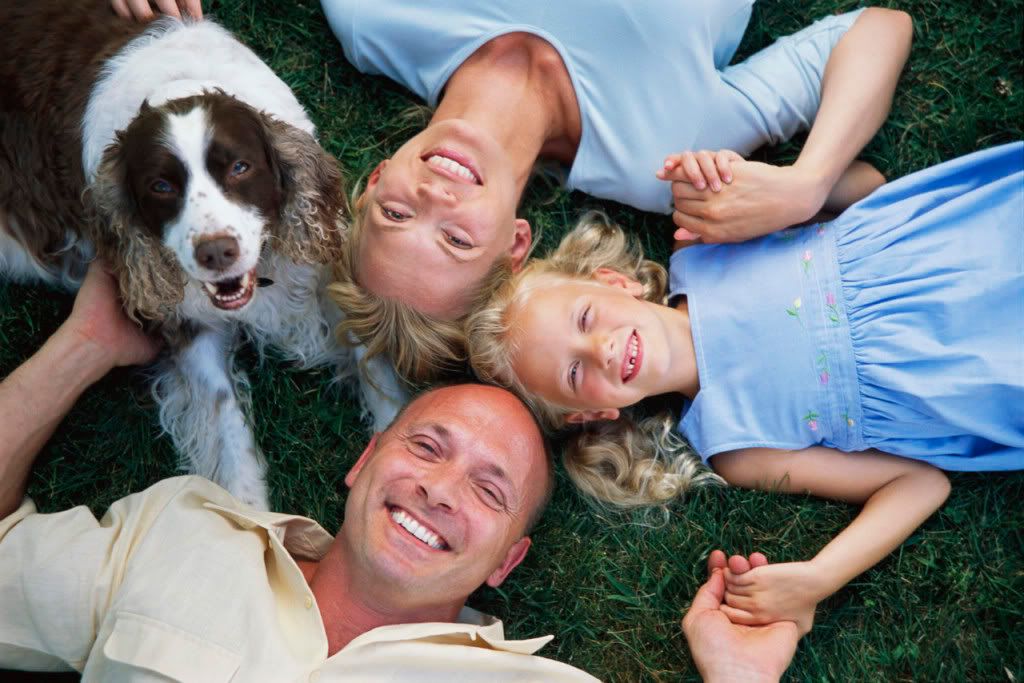
One of the things that often gets in the way of good training progress is that people get odd ideas over why their animal behaves a certain way.
I working on a book about such misconceptions because people have made up, or passed down, bad hypotheses about any number of things.
Plus, they also view their animals from a human perspective.
Animals are animals and although they might be dubbed as “fur kids” they are nothing of the kind.
Generally, an animal’s motivations and actions do not come from the same types of motivation as humans do.
But the real problem is that people tend to make excuses for bad behavior.
Over the years I have heard a lot of crap. It just amazes me how disconnected people are from the reality of living with an animal.
The more innocuous comments have been things such as, “it’s okay, he is only a puppy” or “he is an adolescent and will grow out of it.”
I have news for those people, “that is a lot of hooey.”
To get to the bottom of behavior problems, and to address them with good training practices, you must start with a good hypothesis about why the behavior is occurring and what is reinforcing it.
In many of my tougher cases, the behavior goes back a while–early action might have stopped it but because it has a long period of reinforcement it takes longer and more involved strategies to untrain it and retrain the new behavior patterns that are desired.
Behavior is shaped from the time an animal is born.
Whether or not the behavior is appropriate for living with humans or not depends on the interpretation of the household and what they allow.
Behavior is also shaped from the time an arrives into the home or new environment.
Put simply, everything is reinforcing or extinguishing.
If something works and the animal benefits (or perceives a benefit) than that behavior is likely to occur again and to increase in frequency–and sometimes intensity.
This is why it is not okay to let a puppy bite in play.
They need to learn restraint from their siblings but they also need to be redirected into biting appropriate items, such as a toy, instead of flesh or household belongings.
Most people don’t bother training what they want, they simply react to higher intensity behaviors.
So, when you are dealing with behavior, ask yourself it you have a good hypothesis or if you are dealing with a lot of hooey.
I promise that you’ll get a lot further a lot faster with a more scientific viewpoint.


[…] L Guerrero presents Good Hypothesis or Hooey? posted at Ark Animal Answers. People tend to address behavior issues only after they escalate and […]